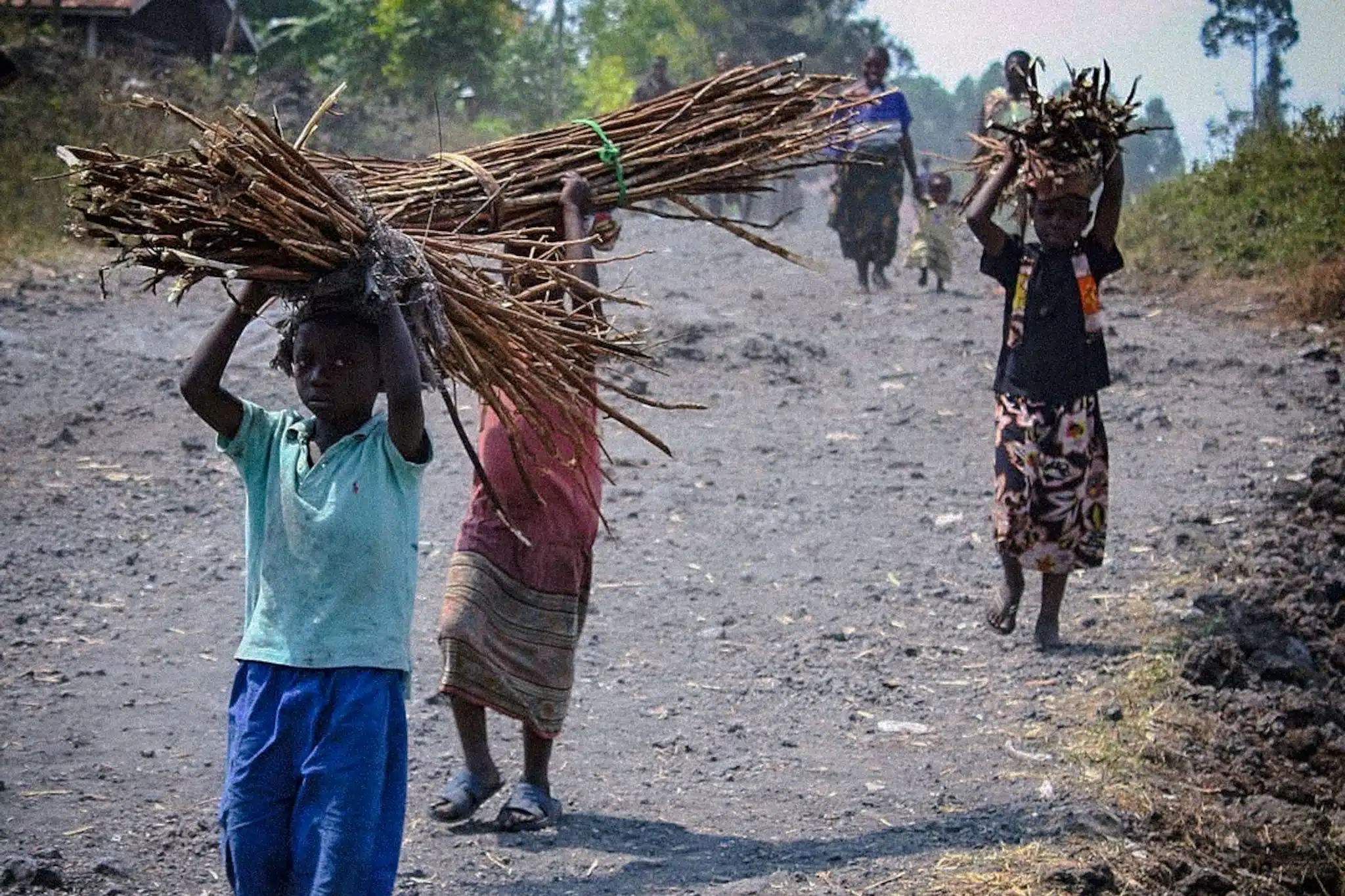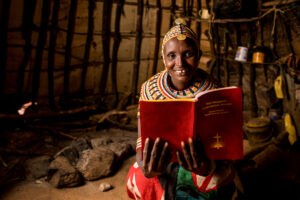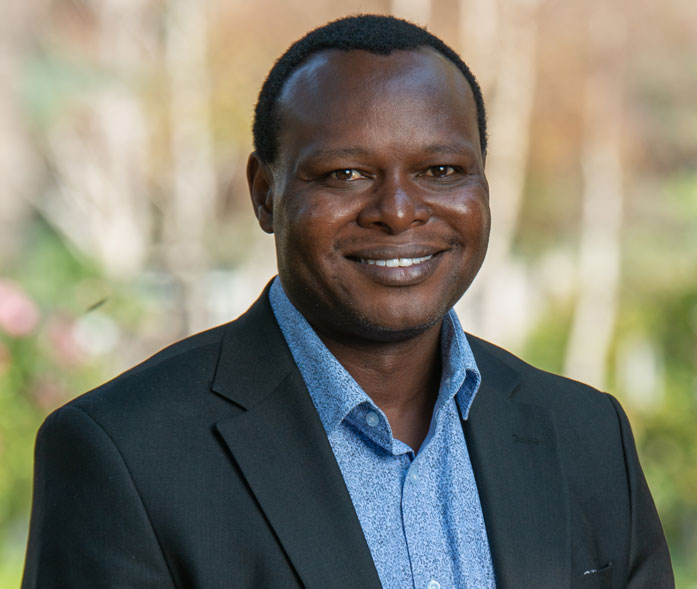How translated Scripture empowers evangelism
In parts of the Democratic Republic of the Congo (DRC), following Jesus is becoming more and more of a life-or-death decision. Earlier this year, a militant organization murdered 70 Christians near the country’s eastern border. Yet believers in this country continue to risk their lives to attend church, worship God, and share the gospel with their neighbors.
And the Lord is moving. People are turning to Christ despite the dangers as they come across Scripture in their language for the first time and meet Jesus in a new way.
In 2019, seven related language communities received a set of oral Bible stories—a first, refreshing taste of God’s Word presented in a way that resonated with their oral traditions. And as stories captured their hearts, thousands from these groups came to trust in Jesus! Since then, Christians and church leaders have been asking for more Scripture, both oral and written, in their heart language. In one group, the Suku translators are actively making this happen, starting with the full written books of Mark, Luke, and Acts.
Local Suku speaker Nikemu has long felt a burden to bring the good news of Jesus to his people. But without a Suku Bible, sharing the gospel message has been difficult. Nikemu has been forced to rely on a language his people understand, but that doesn’t reach their hearts. He has struggled to find the words to convey essential spiritual concepts such as Jesus’ atonement for sins. The Suku speakers he shares with haven’t been able to fully comprehend the message.
Thankfully, heart language Scripture is changing Nikemu’s situation—because when people hear Scripture in their language, they understand it intuitively, without having to struggle through the words or do mental translation. God’s Word can convey the gospel message directly to their hearts.
As he works with the translation team, Nikemu is sharing the gospel in his own language with excitement, using truths found in translated Scripture so his people can better grasp the message of Jesus’ love.
“Now I have all the richness of God’s Word in my language!” he says.
When believers received the Holy Spirit at Pentecost, “each one heard their own language being spoken” (Acts 2:6 NIV). When Nikemu first read this passage in Suku, the text moved him deeply in a way it never had before. He can’t wait for his people to also hear the gospel in Suku so they can join him in declaring the wonders of God in their own tongue (2:11).
Amid the growing threat of persecution in certain areas of the DRC, understandable Scripture will draw more Suku speakers to saving faith while equipping Christians to stand strong despite opposition. Pray for Nikemu and other DRC Christians, that God’s Word in their language will be their source of strength, courage, and hope.

























